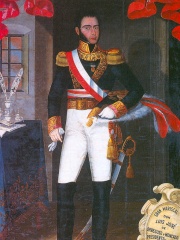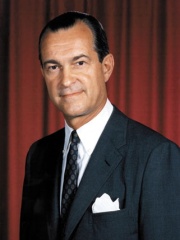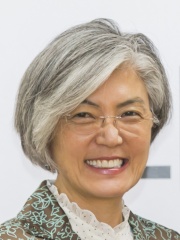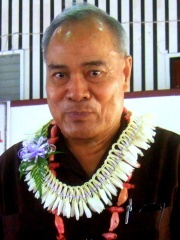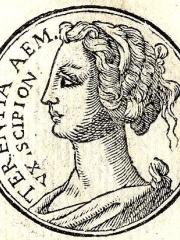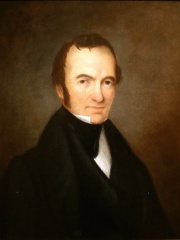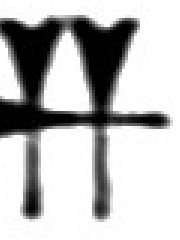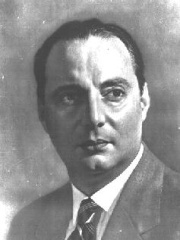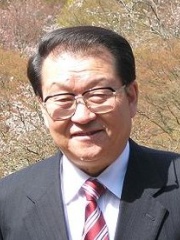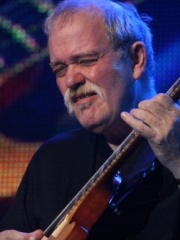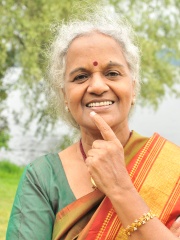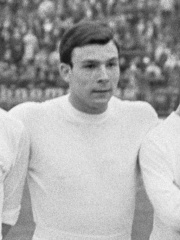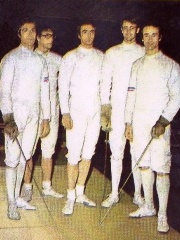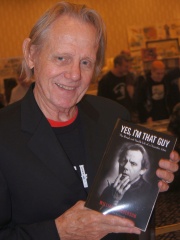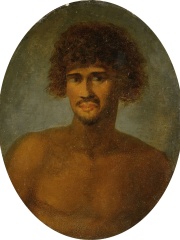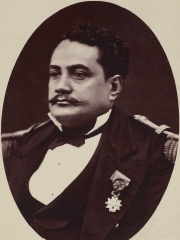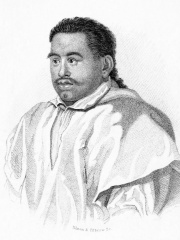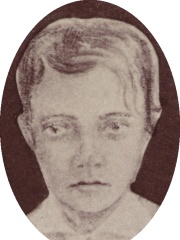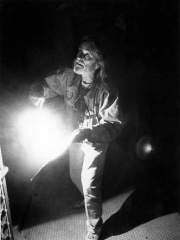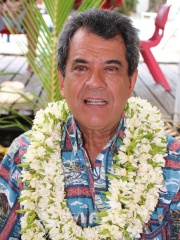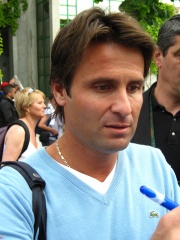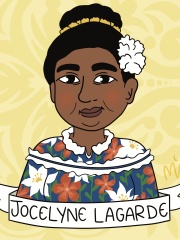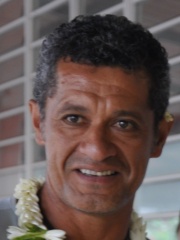Politician
Oscar Temaru
1944 - today
EN.WIKIPEDIA PAGE VIEWS (PV)
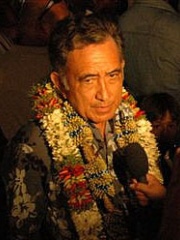
 Oscar Temaru
Oscar Temaru
His biography is available in 22 different languages on Wikipedia. Oscar Temaru is the 14,391st most popular politician (up from 14,466th in 2024), the 6th most popular biography from French Polynesia (up from 7th in 2019) and the 5th most popular Oceania Politician.
Memorability Metrics
Page views of Oscar Temaru by language
Among Politicians
Among politicians, Oscar Temaru ranks 14,391 out of 19,576. Before him are Luis José de Orbegoso, Richard Helms, Sylvie Kinigi, Kang Kyung-wha, Geraldine Ferraro, and Lucius Aurelius Cotta. After him are Lolo Matalasi Moliga, Aemilia Tertia, Stephen F. Austin, Adad-apla-iddina, Ben Sasse, and Luis Batlle Berres.
Most Popular Politicians in Wikipedia
Go to all RankingsLuis José de Orbegoso
1795 - 1847
HPI: 56.62
Rank: 14,391
Richard Helms
1913 - 2002
HPI: 56.62
Rank: 14,392
Sylvie Kinigi
1952 - Present
HPI: 56.62
Rank: 14,393
Kang Kyung-wha
1955 - Present
HPI: 56.62
Rank: 14,394
Geraldine Ferraro
1935 - 2011
HPI: 56.62
Rank: 14,395
Lucius Aurelius Cotta
187 BC - 200 BC
HPI: 56.62
Rank: 14,396
Oscar Temaru
1944 - Present
HPI: 56.62
Rank: 14,397
Lolo Matalasi Moliga
1947 - Present
HPI: 56.62
Rank: 14,398
Aemilia Tertia
230 BC - 200 BC
HPI: 56.61
Rank: 14,399
Stephen F. Austin
1793 - 1836
HPI: 56.61
Rank: 14,400
Adad-apla-iddina
1100 BC - 1100 BC
HPI: 56.61
Rank: 14,401
Ben Sasse
1972 - Present
HPI: 56.61
Rank: 14,402
Luis Batlle Berres
1897 - 1964
HPI: 56.61
Rank: 14,403
Contemporaries
Among people born in 1944, Oscar Temaru ranks 465. Before him are Li Changchun, John Abercrombie, Padma Bandopadhyay, Pedro de Felipe, Gilles Berolatti, and Benjamin Kogo. After him are William Sanderson, François Migault, Miguel Ríos, Edith McGuire, Houmane Jarir, and Nancy Chodorow.
Others Born in 1944
Go to all RankingsLi Changchun
POLITICIAN
1944 - Present
HPI: 56.81
Rank: 459
John Abercrombie
MUSICIAN
1944 - 2017
HPI: 56.80
Rank: 460
Padma Bandopadhyay
MILITARY PERSONNEL
1944 - Present
HPI: 56.77
Rank: 461
Pedro de Felipe
SOCCER PLAYER
1944 - 2016
HPI: 56.72
Rank: 462
Gilles Berolatti
FENCER
1944 - Present
HPI: 56.66
Rank: 463
Benjamin Kogo
ATHLETE
1944 - 2022
HPI: 56.64
Rank: 464
Oscar Temaru
POLITICIAN
1944 - Present
HPI: 56.62
Rank: 465
William Sanderson
ACTOR
1944 - Present
HPI: 56.61
Rank: 466
François Migault
RACING DRIVER
1944 - 2012
HPI: 56.52
Rank: 467
Miguel Ríos
SINGER
1944 - Present
HPI: 56.51
Rank: 468
Edith McGuire
ATHLETE
1944 - Present
HPI: 56.49
Rank: 469
Houmane Jarir
SOCCER PLAYER
1944 - 2018
HPI: 56.46
Rank: 470
Nancy Chodorow
PSYCHOLOGIST
1944 - 2025
HPI: 56.45
Rank: 471
In French Polynesia
Among people born in French Polynesia, Oscar Temaru ranks 6 out of NaN. Before him are Tarita Teriipaia (1941), Pōmare I (1742), Pōmare V (1839), Pōmare II (1782), and Pōmare III (1820). After him are Karina Lombard (1969), Conrad Hall (1926), Édouard Fritch (1952), Fabrice Santoro (1972), Jocelyne LaGarde (1924), and Pascal Vahirua (1966).
Others born in French Polynesia
Go to all RankingsTarita Teriipaia
ACTOR
1941 - Present
HPI: 66.77
Rank: 1
Pōmare I
POLITICIAN
1742 - 1803
HPI: 63.79
Rank: 2
Pōmare V
POLITICIAN
1839 - 1891
HPI: 60.75
Rank: 3
Pōmare II
POLITICIAN
1782 - 1821
HPI: 60.03
Rank: 4
Pōmare III
POLITICIAN
1820 - 1827
HPI: 59.41
Rank: 5
Oscar Temaru
POLITICIAN
1944 - Present
HPI: 56.62
Rank: 6
Karina Lombard
ACTOR
1969 - Present
HPI: 54.72
Rank: 7
Conrad Hall
WRITER
1926 - 2003
HPI: 54.07
Rank: 8
Édouard Fritch
POLITICIAN
1952 - Present
HPI: 53.93
Rank: 9
Fabrice Santoro
TENNIS PLAYER
1972 - Present
HPI: 53.35
Rank: 10
Jocelyne LaGarde
ACTOR
1924 - 1979
HPI: 51.93
Rank: 11
Pascal Vahirua
SOCCER PLAYER
1966 - Present
HPI: 47.30
Rank: 12
Among Politicians In French Polynesia
Among politicians born in French Polynesia, Oscar Temaru ranks 5. Before him are Pōmare I (1742), Pōmare V (1839), Pōmare II (1782), and Pōmare III (1820). After him are Édouard Fritch (1952), and Moana Carcasses Kalosil (1963).
Pōmare I
1742 - 1803
HPI: 63.79
Rank: 1
Pōmare V
1839 - 1891
HPI: 60.75
Rank: 2
Pōmare II
1782 - 1821
HPI: 60.03
Rank: 3
Pōmare III
1820 - 1827
HPI: 59.41
Rank: 4
Oscar Temaru
1944 - Present
HPI: 56.62
Rank: 5
Édouard Fritch
1952 - Present
HPI: 53.93
Rank: 6
Moana Carcasses Kalosil
1963 - Present
HPI: 42.88
Rank: 7
